The Brutal Truths About Homeownership I Wish I’d Known Sooner
Buying a house feels like a milestone, but the reality sets in fast. Once the papers are signed and the keys are in hand, you start running into costs you didn’t plan for and responsibilities no one warned you about. Stability comes with a price tag, and most homeowners only learn the details after they’ve already moved in.
Mortgage Doesn’t Equal Ownership

Credit: pexels
The phrase “homeowner” is generous. A mortgage means the bank owns most of it, and you’re just renting from them with interest. That feeling of ownership is more of a long-term lease with property taxes and lawn care thrown in.
Property Taxes Don’t Take Breaks

Credit: pexels
You bought the house, but the taxes come back yearly like clockwork and often go up. Your city might decide the property is worth more, or voters might pass a school bond. Either way, your tax bill climbs. In high-tax states like New Jersey, this alone rivals a second rent.
Maintenance Is Relentless and Uncool
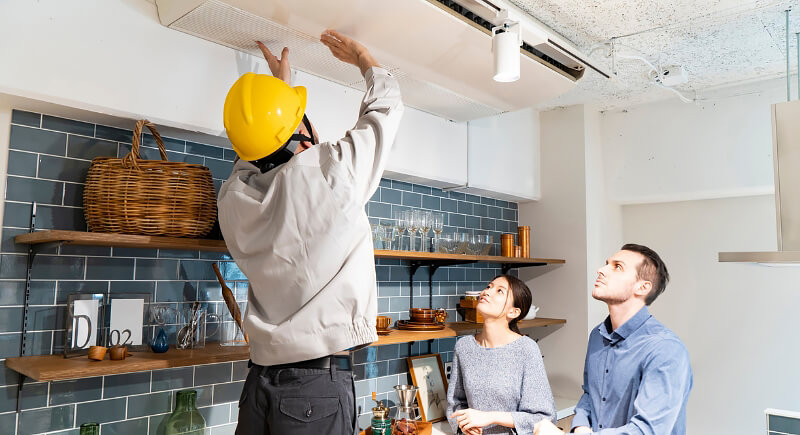
Credit: Canva
Owning a home means becoming a part-time plumber and yardwork supervisor. Leaky pipes, faulty HVACs, and busted fences don’t schedule themselves around your free time. According to HomeAdvisor, homeowners spend around $3,000 per year on basic upkeep. And none of it goes into making your place cooler.
Home Equity Is Not Free Money

Credit: pexels
Pulling cash from your house doesn’t erase the fact it’s a loan. A HELOC or refinance ties more debt to the roof over your head. Most people who borrow against equity put it into upgrades, not emergencies, and every dollar borrowed is another dollar owed.
Selling Isn’t a Guaranteed Payday
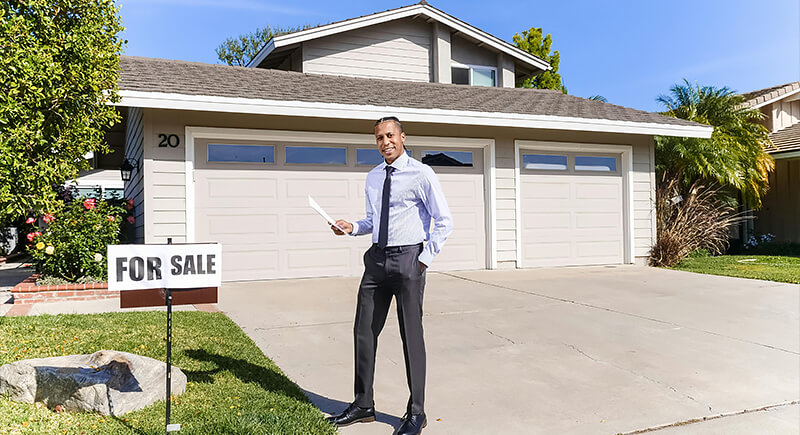
Credit: pexels
Selling a house isn’t always the windfall people imagine. A dip in the market, shifts in the local economy, or even small neighborhood changes can hold prices down. Add in the cost of repairs, commissions, and other fees, and the money left over can be far less than expected.
Down Payments Are Just the Beginning
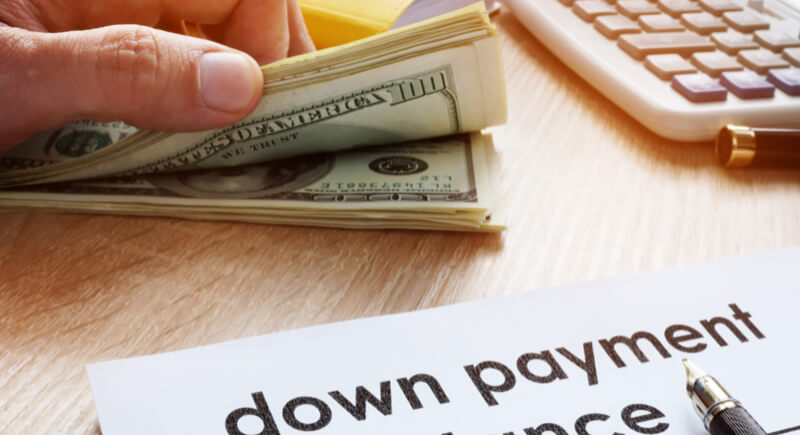
Credit: pexels
A hefty down payment opens the spending chapter. You’ll also need thousands for closing costs, inspections, appraisals, legal fees, and moving. The average closing costs in the U.S. are between 2% and 5% of the home’s price, according to Rocket Mortgage.
Homeowners Insurance Doesn’t Cover Everything

Credit: pexels
Insurance is required, but it has limits that many owners don’t realize until they file a claim. A standard policy won’t cover floods, earthquakes, or everyday wear. In high-risk areas, coverage can be costly or hard to get at all, leaving gaps that only extra policies can fill.
Renovation TV Lies
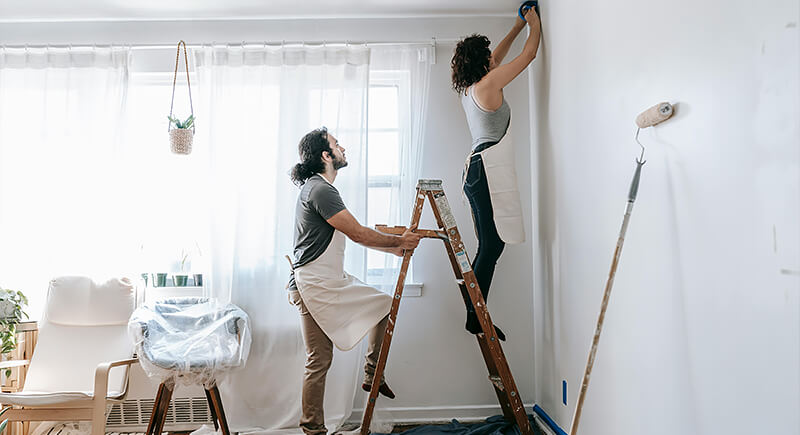
Credit: pexels
Those DIY renovations gloss over the cost of real-life upgrades. Permits, delays, zoning rules, and budget overruns are rarely mentioned on screen. According to Houzz, the average kitchen remodel in the U.S. costs over $25,000. Most of it is spent on things like plumbing and electricity, not glamorous finishes.
Timing Is Luck, Not Skill
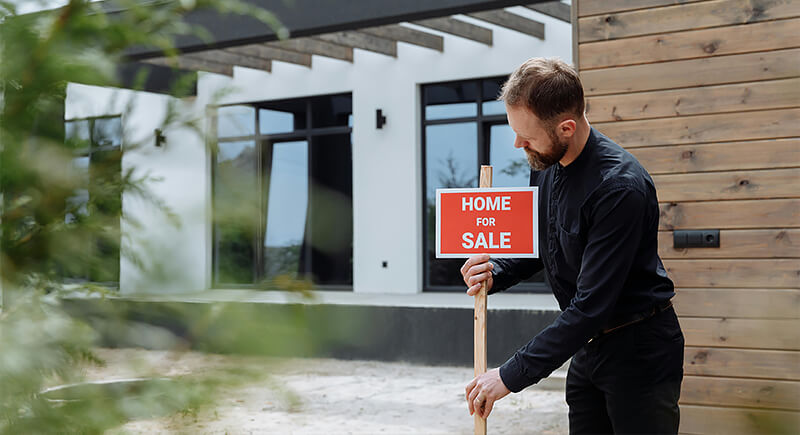
Credit: pexels
A home isn’t always the investment people think it is. Its value depends less on strategy and more on circumstance—what the market looks like when you buy and what it looks like when you need to sell. As Joe Cortright notes, housing only feels like a win if the timing happens to work in your favor.
Refinancing Isn’t Always a Win

Credit: pexels
Lower rates look great on paper, but refinancing resets your loan term and can even bump up your monthly payments if you’re not careful. A LendingTree study showed many people refinance only to end up with more debt due to rolled-in costs or extended terms that increase the total interest paid.
HOAs Have Teeth
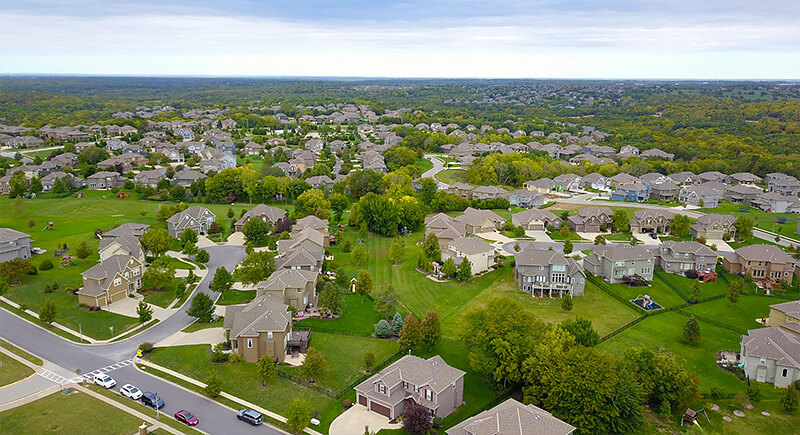
Credit: pexels
Move into an HOA neighborhood, and suddenly, your trash placement is everyone’s business. Paint the wrong color or skip a lawn trim, and you might face fines or even legal action. About 74 million Americans live under HOA rules, and while some love the order, others feel like they bought into a bureaucracy.
Insurance Payouts Aren’t Instant
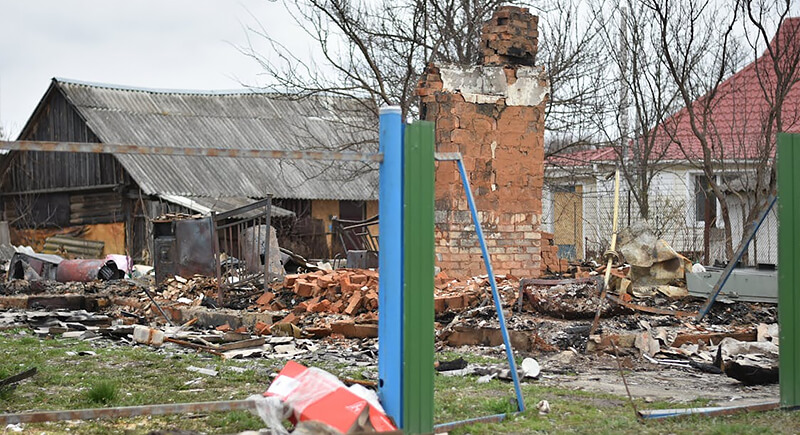
Credit: pexels
Even when you’re covered, claims can drag on. After natural disasters, it’s not uncommon for homeowners to wait weeks—or months—for adjusters and settlements. Disputes over damages are among the top causes of delayed or reduced payouts. In the meantime, you’re footing the bill upfront.
Location Can Turn On You
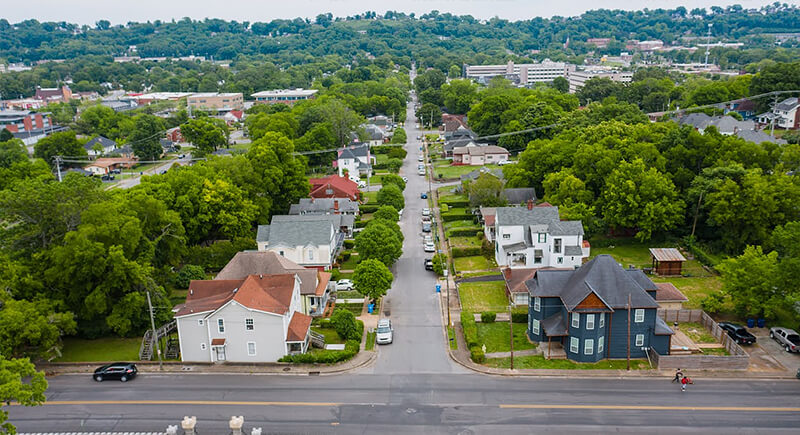
Credit: pexels
Neighborhoods don’t stay the same. A new development, a change in zoning, or shifts in the local job market can all reshape what your house is worth. When most of your money is tied to one address, it’s not simple to walk away if the area changes for the worse.
Not Everyone Builds Wealth
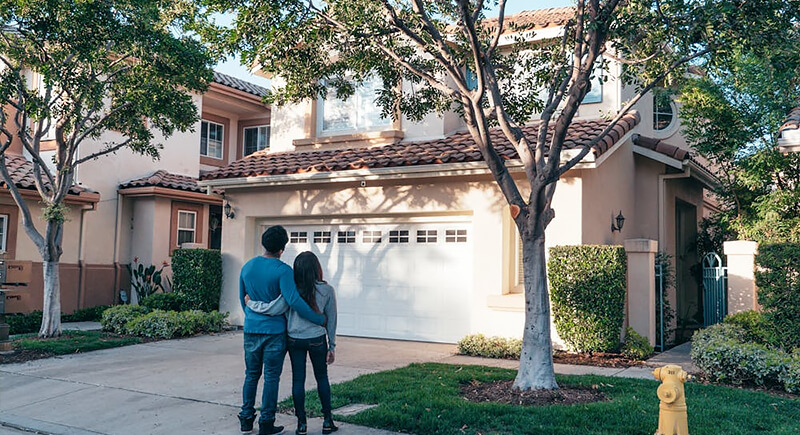
Credit: pexels
It’s a widespread belief that homeownership builds wealth. However, much of that gain is just driven by market inflation. A report by the National Association of Realtors found 86% of wealth gained from homes between 2011 and 2021 came from price appreciation. That makes homeowners heavily reliant on market forces they can’t control.
Home Isn’t Always Forever

Credit: Getty Images
Job changes, divorce, aging parents, or needing more space can force moves long before the mortgage is paid off. Moving isn’t cheap, and if the market’s down when you need to go, your “investment” may leave you breaking even, or worse.